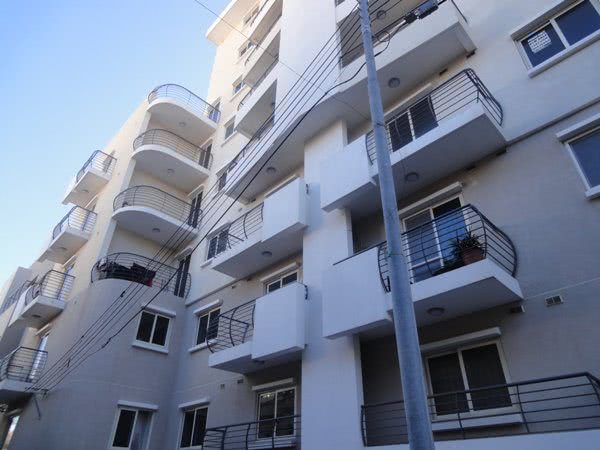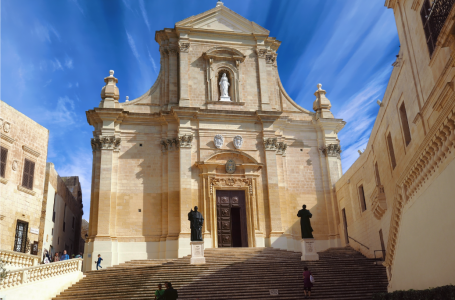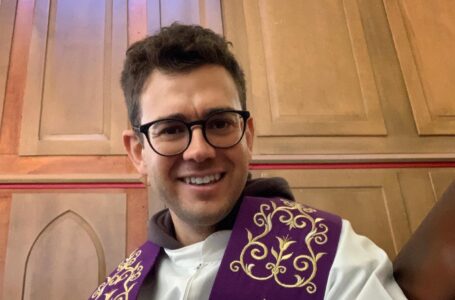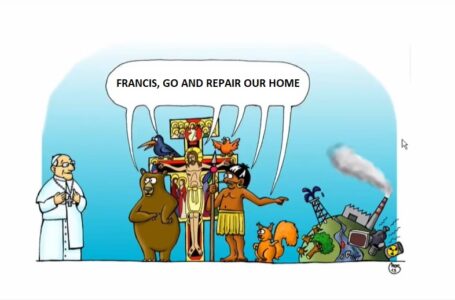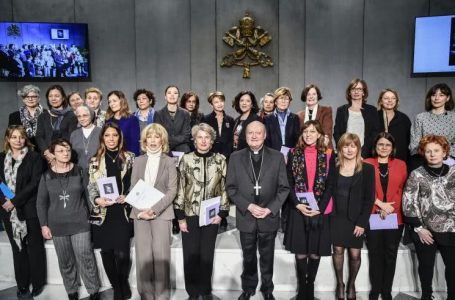The Role of Money in Our Life
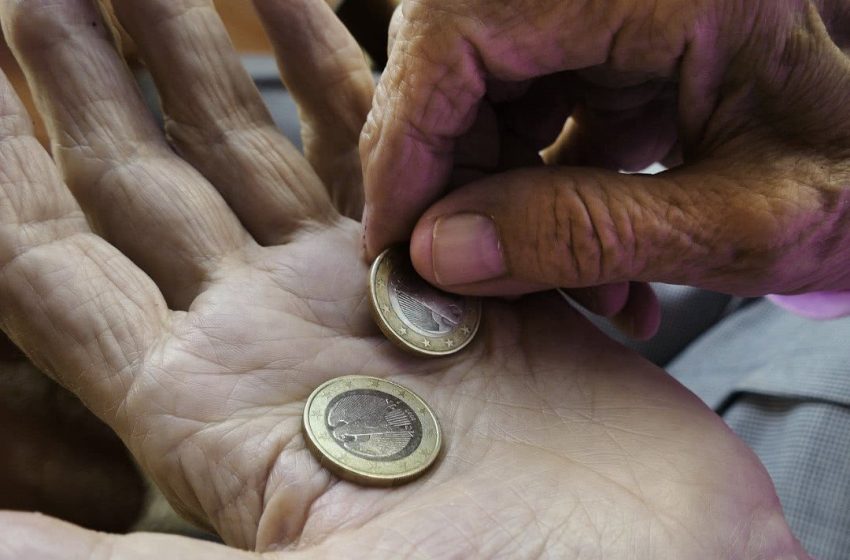
In this article, Fr David Cortis explains what is wealth and excessive wealth. He describes the role of money in our life and how we can have a healthy relationship with money by using money “to serve and not to rule.”
The first question we need to ask to understand the role of money in our life is; what is wealth? In my attempt to answer this very question I will briefly compare “wealth” as depicted in the Gospel according to Luke to the definition of “wealth” in contemporary capitalism.
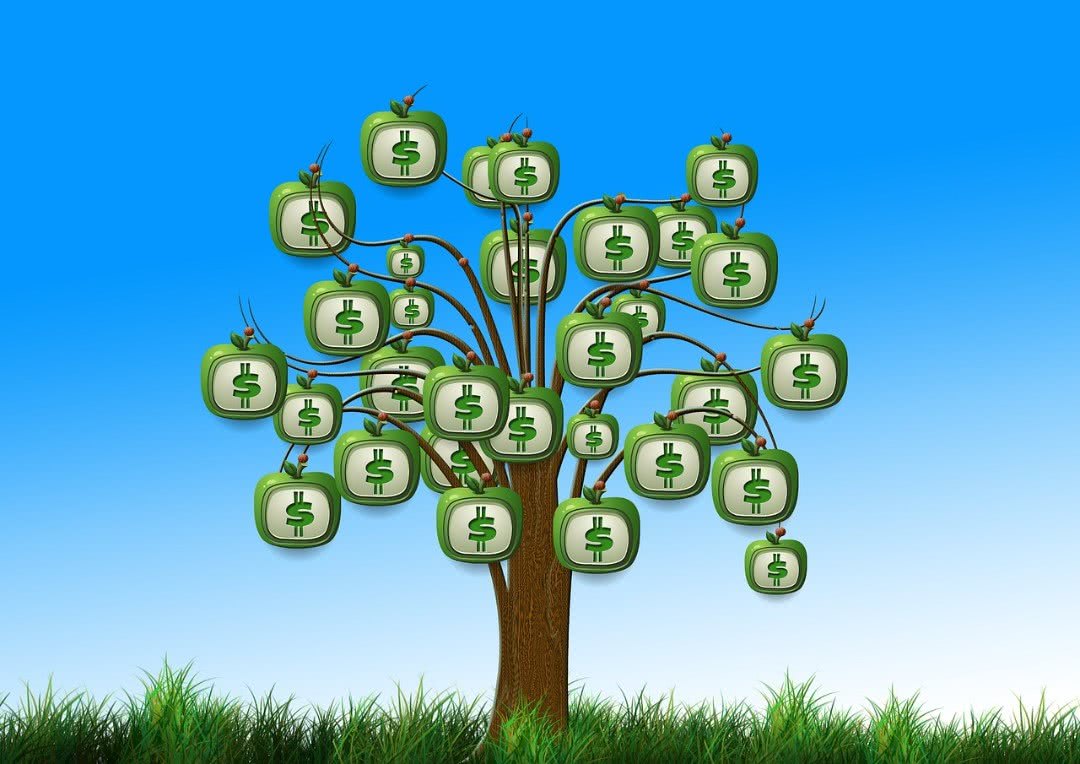
Luke dedicates one sixth of his Gospel verses to teaching on poverty and possessions. There must be a message that Luke wished to communicate to us. Wealth in the Gospel according to Luke revolves around “land , whereas in contemporary capitalism, wealth is created without the need of land.
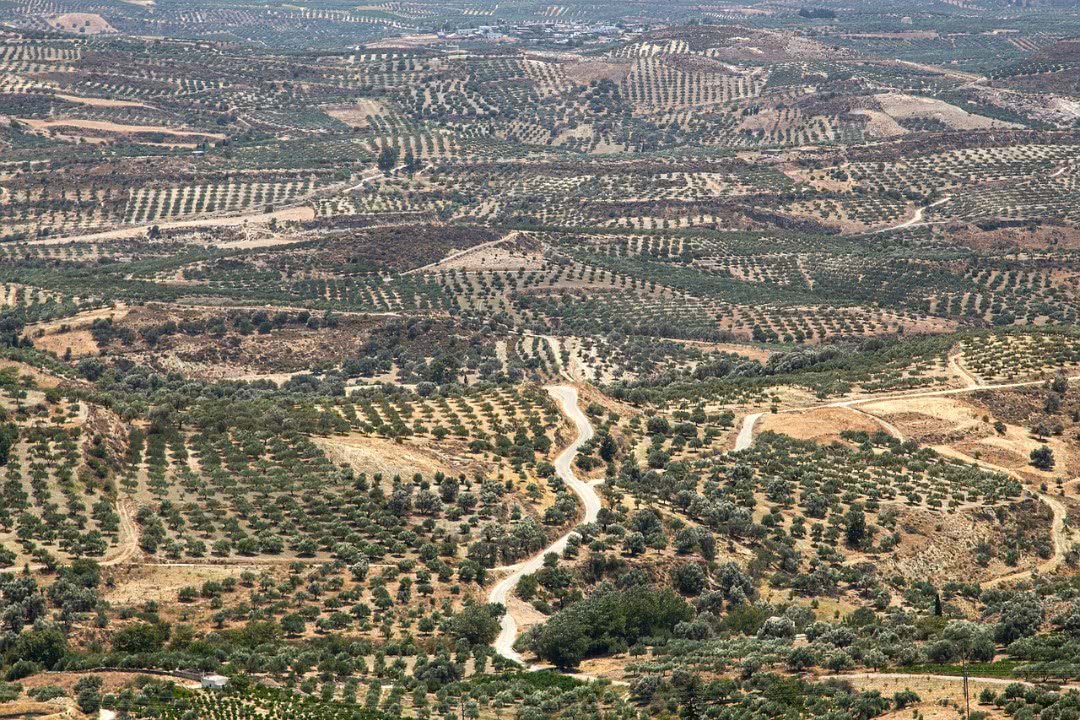
One possible interpretation of the concept of wealth in the Gospel according to Luke is therefore, that wealth is created from the land which is precious in itself and provides security. In the 1st century AD society, economics were closely tied to agriculture which was dominated by a patron-client relationship. Such relationships were also closely tied to concepts of honour and shame. In such complex societies; kinship, economics, politics and religion were closely intertwined to create a complex and wide relationship between the notions of honour and wealth.

On the other hand, in contemporary capitalism, “capital embodies the gradual gathering of goods past the productive activity through human added value action, put to use in the production process in a dynamic mode, to facilitate and generate a flow of goods and services, thereby creating value and wealth over time. Such value and wealth can then be used as further capital. It includes all the produced intangibles which are used in production. Capital is owned, transferred or traded.
Excess wealth is the wealth someone has that exceeds what you think they ought to have. Taking St Thomas Aquinas’ teachings, one can divide possessions into three categories: (a) necessary possessions (such as the daily necessities); (b) necessary possessions according to a circumstance (such as a transport card), (c) unnecessary possessions/savings. The redistribution of the unnecessary is what St Thomas Aquinas calls, the “alms of justice . If we do not engage in “alms of justice we find ourselves absolutising money and making it idolatry. This scheme was used by Pope Leo XIII in his concept of just wage which included categories (a) and (b) as well as a certain amount of the unnecessary. Such savings are necessary against the fear of the future.
The quotation – “The accumulation of excessive wealth is a deadly sin” , attributed to Pope Benedict XVI, is in actual fact more of a media quotation following an article published in The Vatican Newspaper; L’Osservatore Romano, on March 8, 2008, which featured a highly practical interview with Bishop Gianfranco Girotto who is an official at the Apostolic Penitentiary, on the subject of social sin. In that interview Bishop Girotto explained how, due to globalisation, sin today has an impact and resonance that is above all social. He pointed to a number of “social sins”, amongst which he mentioned “economic injustice , “environmental irresponsibility , “genetic experimentation with unforeseen consequences and also the “accumulation of excessive wealth .
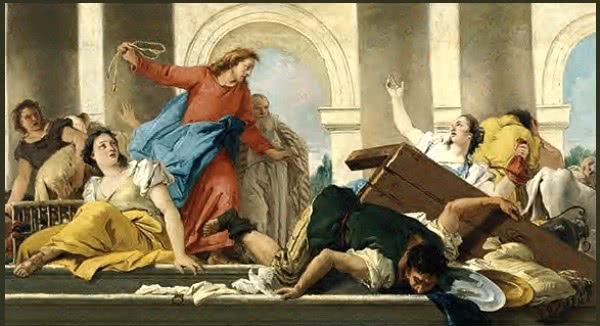
The media’s reporting, however, transmogrified this into something different. Some wrote “Seven New Deadly Sins,” overlooking Bishop Girotto’s emphasis on the “social aspect and thereby failing to recognise that these new social sins were in fact different in nature from the predominantly individualistic “deadly sins,” which focus more on regulating a variety of human passions. To title Bishop Girotto’s interview as “Seven New Deadly Sins also shows lack of commitment to previous Church teachings and to the Bible itself, as if accumulating excessive wealth hadn’t been already condemned by the Church for centuries, and, before that by Jesus himself. In fact, Jesus is not against wealth as such, but he warns against staking one’s safety in money. Thus this reminds us that apart from the individualistic aspects, sin also has a social dimension which believers need to reflect upon.
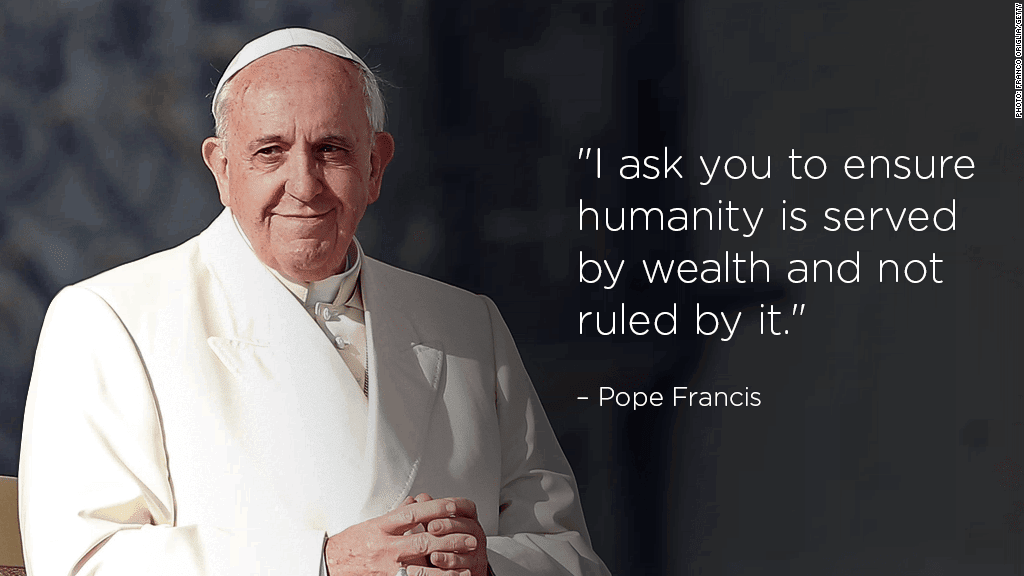
As Pope Francis points out, this is the role of money in our life – “money has to serve, not to rule” and this statement leads us to question what our relationship with money is and what our acceptance of its power is over ourselves and our society.
Read more:
– What Every Church Should Do About Poverty
– Top Pope Francis’ Helping The Poor Quotes
